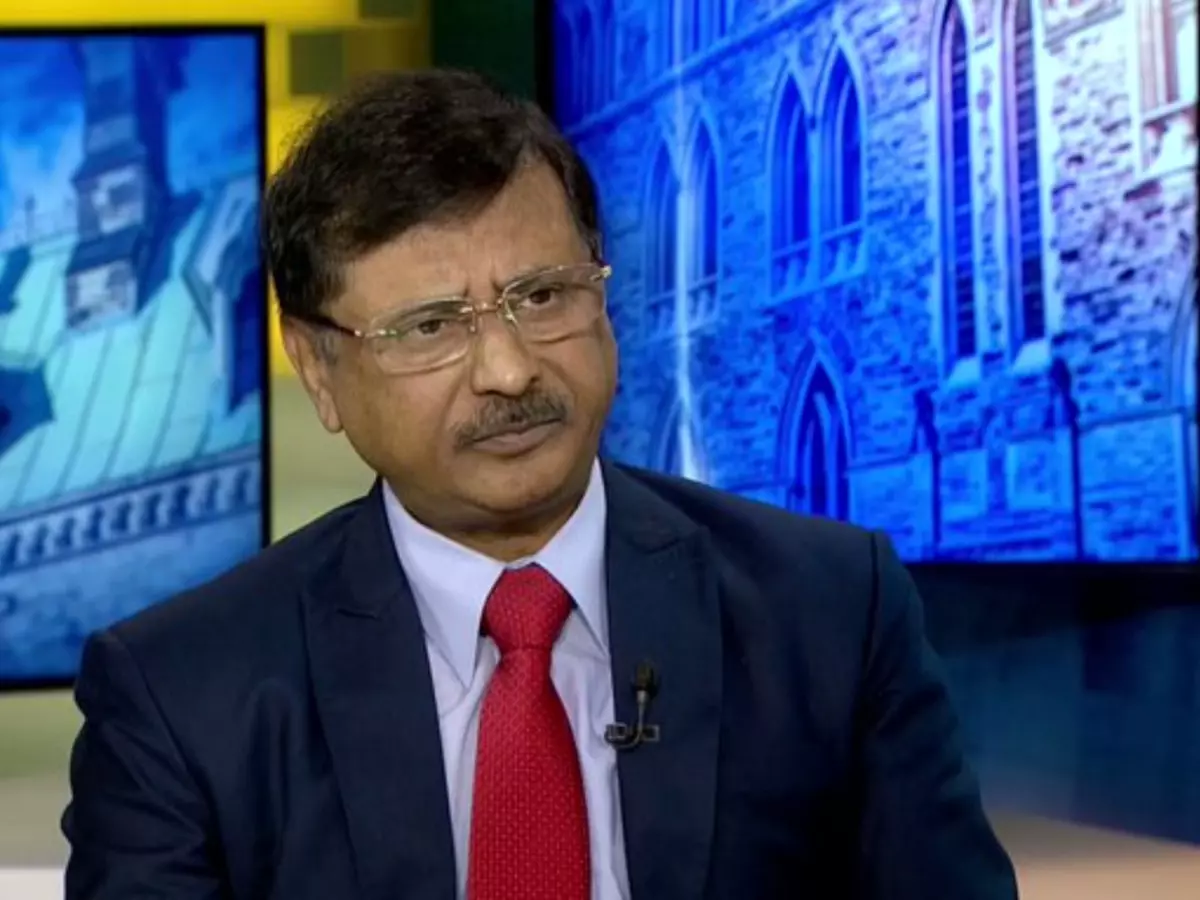Hardeep Singh Nijjar Murder: 'India Was Convicted Before Completion Of Probe', Says Indian Envoy To Canada
Indian High Commissioner to Canada, Sanjay Kumar Verma, has claimed that the Canadian side acted like India was already convicted in the murder of Hardeep Singh Nijjar. Verma made the comments in an interview with CTV.

Indian High Commissioner to Canada, Sanjay Kumar Verma, has claimed that the Canadian side acted like India was already convicted in the murder of Khalistani separatist leader Hardeep Singh Nijjar, even before the investigation was completed.
Verma made the comments in an interview with CTV, his first to a TV channel since the massive controversy broke out in September when Canadian Prime Minister Justin Trudeau made the bombshell claims that there were credible allegations of the involvement of Indian government agents in the murder of Nijjar.
 REUTERS
REUTERS
India responded aggressively, terming the allegations as 'absurd', and the language of the Indian response took many by surprise. India also went on to nearly snap diplomatic ties with Canada, which is home to one of the largest Indian diaspora in the world.
 AP
AP
How India was 'convicted'
But according to Verma, Canadian authorities had already made up their mind that India was behind the murder of Nijjar, who was shot dead in June.
When asked about "why was India not cooperating in the investigation after Trudeau's allegations, Verma said, "There are two points. One is that even before the investigation being completed, India was convicted. Is that a rule of law?"
"Because India was asked to cooperate, and if you look at the typical terminology, when someone asks to cooperate, which means you are already convicted, and you better cooperate. We took it in very different interpretations, but we always said that if there is anything specific and relevant and communicated to us, we will look into it," Verma elaborated.
Why is India not cooperating in an investigation after Prime Minister Trudeau alleged India may be involved in the killing of a Sikh separatist leader on Canadian soil?
¡ª CTV Question Period (@ctvqp) November 24, 2023
India¡¯s High Commissioner to Canada Sanjay Kumar Verma joins @ctvqp for his first TV interview since the¡ pic.twitter.com/BNi93TK2BI
Where is the evidence?
Despite Canada doubling down on its allegations over the June incident, India has maintained that the country has yet to provide any credible evidence to back it up.
Earlier this month, in another interview with the Globe and Mail newspaper, Verma had said neither Canada nor its allies have shown concrete evidence backing PM Justin Trudeau's allegations that Indian agents were behind Nijjar's killing outside a Sikh Gurudwara in British Columbia.
 MEA
MEA
"There is no specific or relevant information provided in this case for us to assist them in the investigation," Verma had said.
"Where is the evidence? Where is the conclusion of the investigation? I would go a step further and say now the investigation has already been tainted," Verma said.
"A direction has come from someone at a high level to say India or Indian agents are behind it," Verma added.
Why Canada's evidence may be illegal
Canada claimed that it had gathered intelligence involving communications between Indian officials, diplomats and information "provided by an unnamed ally in the Five Eyes intelligence alliance" during a month-long probe on Nijjar's killing.
"You are talking about illegal wiretaps and talking about evidence. Conversations between two diplomats are secure by all international law," Verma said.
"Show me how you captured these conversations. Show me that someone did not mimic the voice," Verma said, adding that any conversations between diplomats are "protected" and cannot be used as evidence in court or released publicly.
For more news, sports, and current affairs from around the world, please visit Indiatimes News.









